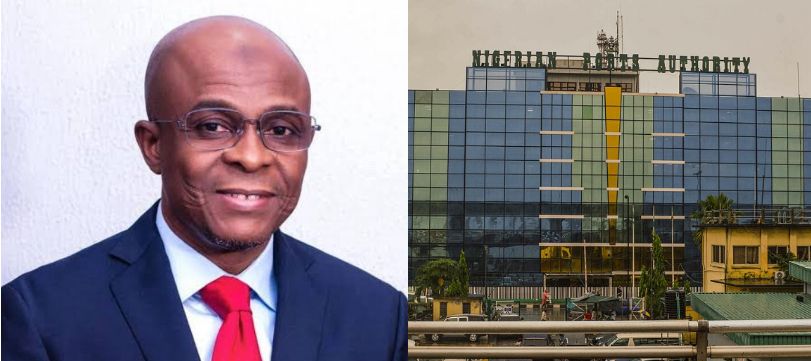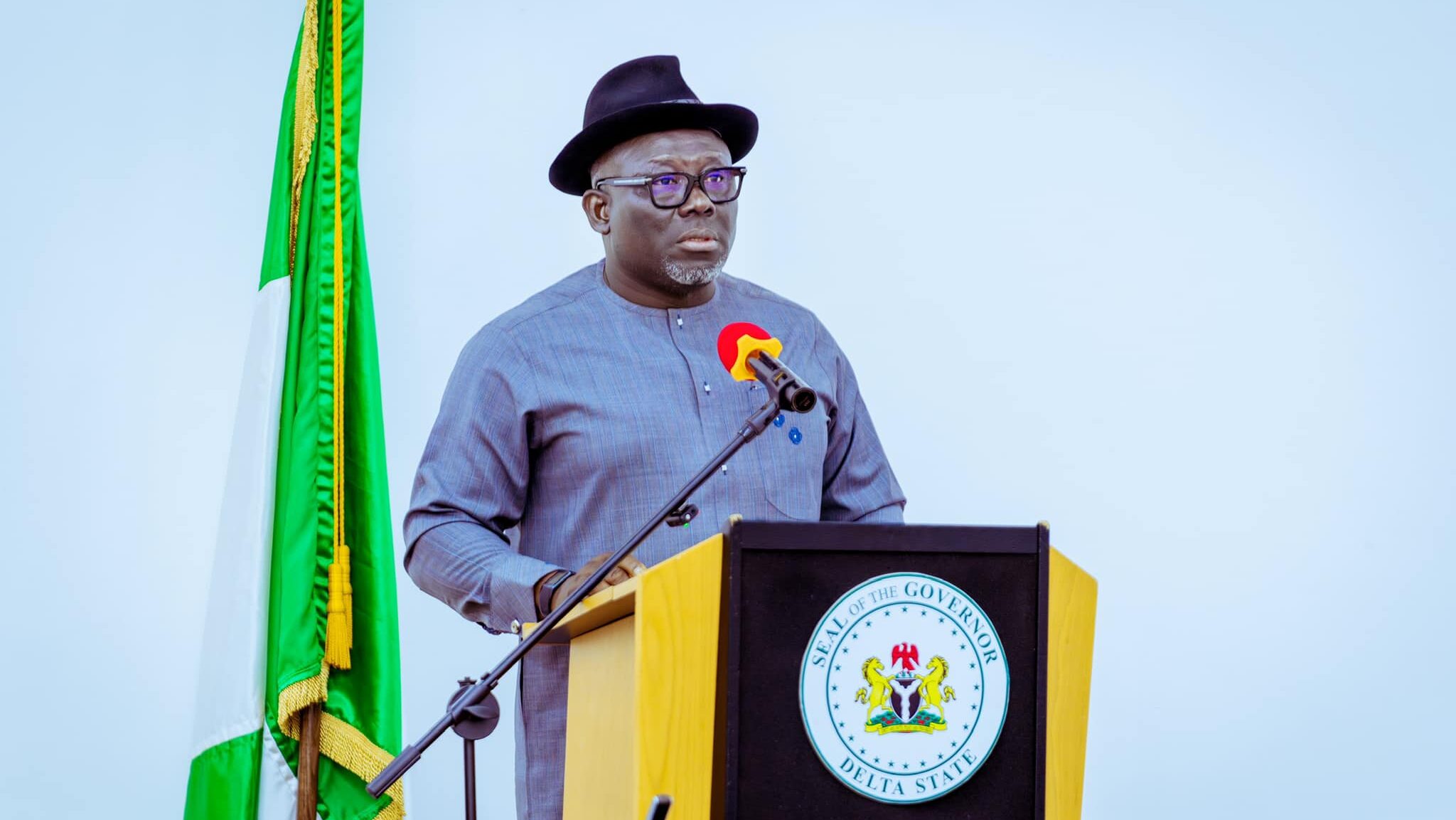Emmanuel Addeh in Abuja
Nigeria’s electricity Distribution Companies (Discos) collected N182.11 billion in June 2025, out of the N237.85 billion billed to customers during the month, according to new performance data released by the Nigerian Electricity Regulatory Commission (NERC).
The figure translated to a collection efficiency of 76.57 per cent, a 3.40 percentage point improvement compared to May. However, the Discos recorded a revenue shortfall of N55.74 billion for the month under consideration.
The regulator’s fact sheet indicated that while the companies made modest progress in billing and recovery efficiency, they continued to grapple with persistent revenue gaps that weakened the liquidity of the entire electricity market. While total revenue collected dipped by 4.94 per cent, total billings slumped by 9.16 per cent.
Benin Disco recorded the highest billing efficiency at 96.46 per cent, while Ibadan and Eko followed with 88.41 and 87.93 per cent respectively. Yola, however, remained at the bottom with 60.86 per cent, underscoring the metering and operational challenges facing the company.
But in all, Eko emerged the top performer with a collection efficiency of 87.40 per cent, with the Disco able to garner N33.18 billion out of the N37.97 billion it billed to customers. This was followed by Ikeja at 84.86 per cent. The firm collected 32.66 billion from the 40.70 billion it billed during the period.
In the same vein, Abuja with a collection efficiency of 83.06 per cent, raked in N30.12 billion from the N36.27 billion it billed to its customers.
At the other end of the scale, Kano, Jos, and Kaduna struggled badly, with collection efficiencies of 54.66 per cent, 53.99 per cent, and 44.77 per cent respectively. While Kano was only able to collect N8 billion from N14.7 billion, Jos got N5.7 billion out of N10.5 billion overall billing, while Kano recorded a collection of N3.62 billion from N8.09 billion charged to customers.
The NERC data also measured the revenue recovery performance of the utilities, which compares what the companies are allowed to charge under the tariff framework to what they actually collect.
For June, the allowed average tariff stood at N116.25 per kilowatt-hour (kWh), while actual average collections amounted to N86.27/kWh. This translates to a recovery efficiency of 74.21 per cent, a 3.63 percentage point improvement from the previous month.
Eko again led the group, recovering 94.79 per cent of its allowed revenues, while Ikeja and Abuja followed with 81.31 per cent and 78.96 per cent. Kaduna lagged significantly at 31.51 per cent, with Yola and Kano also struggling at 59.23 per cent and 61.46 per cent respectively.
Besides, the report revealed that the Discos received a total of 2,508.47 gigawatt-hours (GWh) of energy in June, representing a 9.59 per cent decline compared to May. Out of this, 2,079.92 GWh was billed to customers, giving a billing efficiency of 82.92 per cent.
However, this was a slight increase of 1.62 percentage points from the previous month, indicating gradual improvements in closing the gap between energy received and energy billed.
The data underscored the deep-rooted liquidity challenges in the power sector. Although billing efficiency is now above 80 per cent, more than 400 GWh of electricity supplied in June went unbilled.
Also concerning was the N55.74 billion collection gap in just one month, which has direct consequences for upstream players such as Generation Companies (Gencos) and the Transmission Company of Nigeria (TCN), which mostly depend on remittances from Discos to sustain operations.
Besides, weak collections leave Discos with inadequate cash, limiting their ability to invest in network improvements, which in turn leads to poor service delivery. Customers, faced with unreliable supply, are often reluctant to pay their bills, deepening the problem further. The performance of individual companies illustrated the unevenness across the market. Lagos-based Ikeja and Eko Discos consistently rank among the best performers across billing, collection, and recovery, suggesting stronger internal systems and greater compliance from their customer bases.
Similarly, Abuja Disco maintained above-average results. In contrast, Discos serving the northern regions, including Kaduna, Kano, Jos, and Yola, continued to struggle across the board, the data showed, attributable to a mix of challenges that make collections difficult.
For years, NERC has been pressing operators to step up metering, reduce energy theft, and improve service quality as a way of building trust and encouraging payment compliance from customers.
Although the June figures showed some progress, the disparities among Discos suggested that the reforms are not yet yielding uniform results across board.
For customers, the data confirms a familiar frustration. While tariffs have been adjusted upwards over time in an attempt to make the industry financially viable, service delivery has not improved in tandem, leaving many households and businesses dissatisfied.
With a population of over 200 million, Nigeria still struggles to supply 5,000mw of power to its people in contrast to the roughly 30,000mw needed to ensure reliable electricity. This has earned Nigeria the toga of the least ‘electrified’ country globally.
The post Discos Collect N182bn Revenue, Record Shortfall of N55.74bn in One Month appeared first on THISDAYLIVE.




